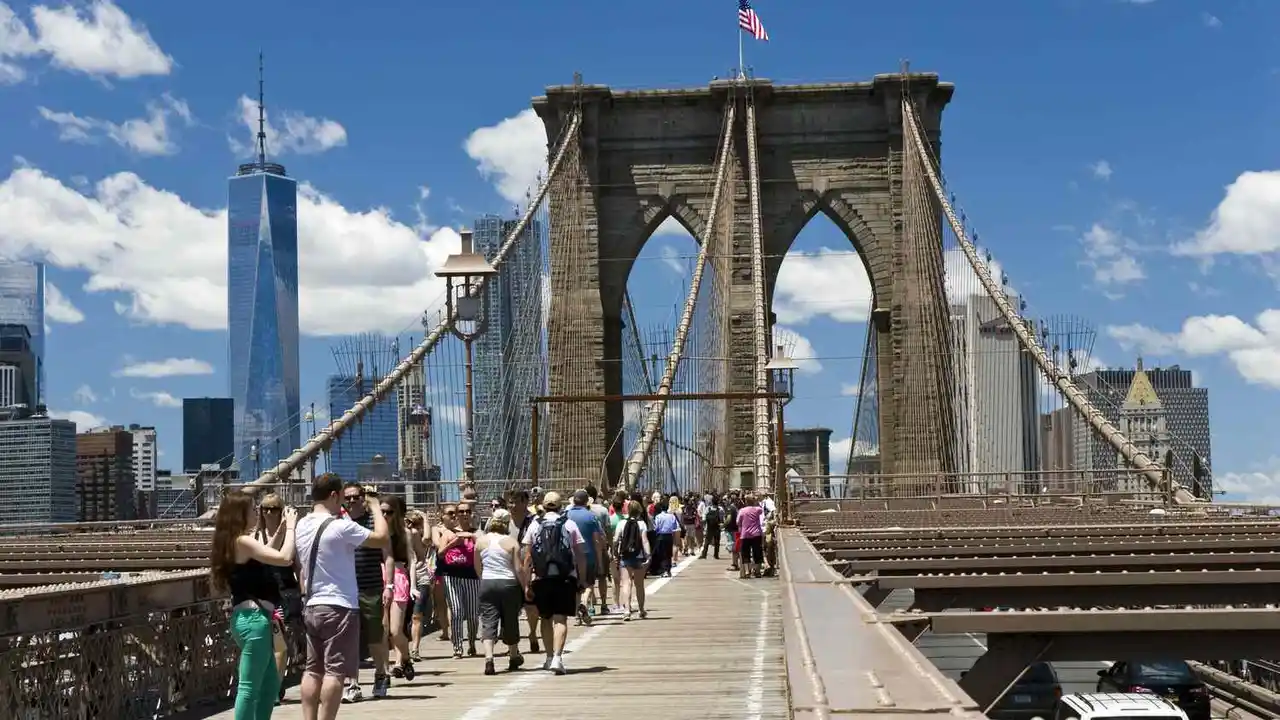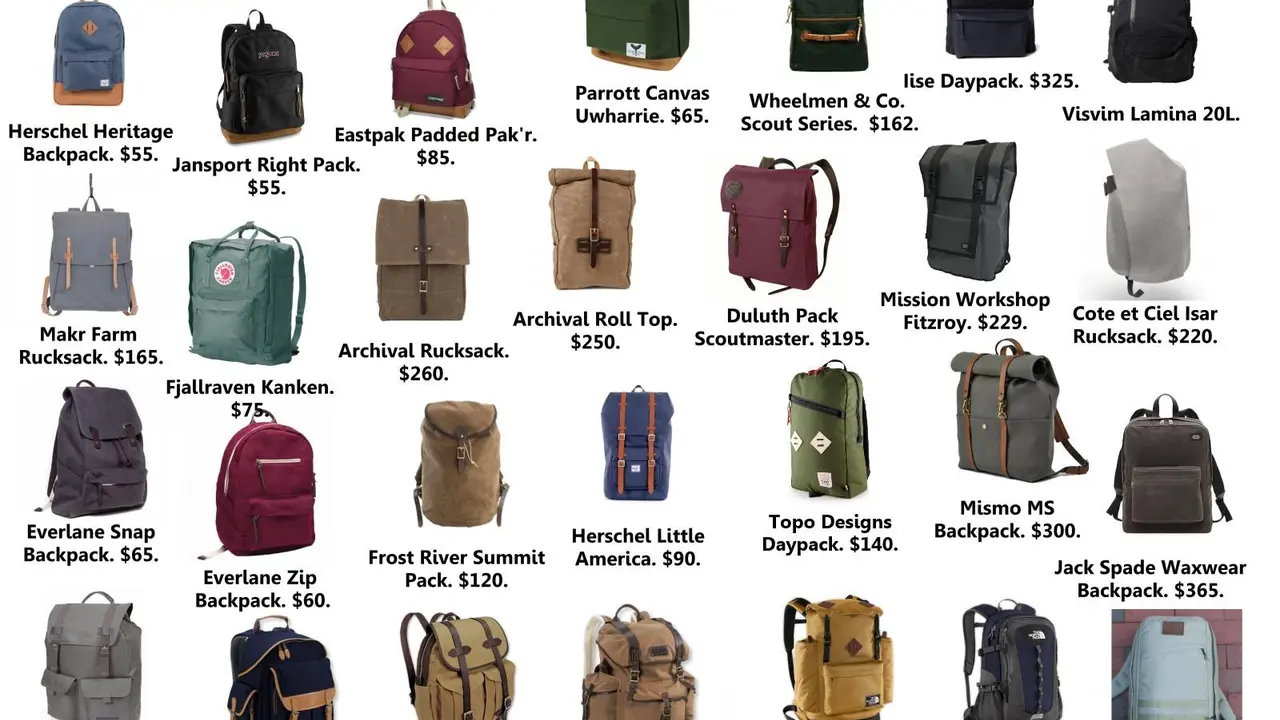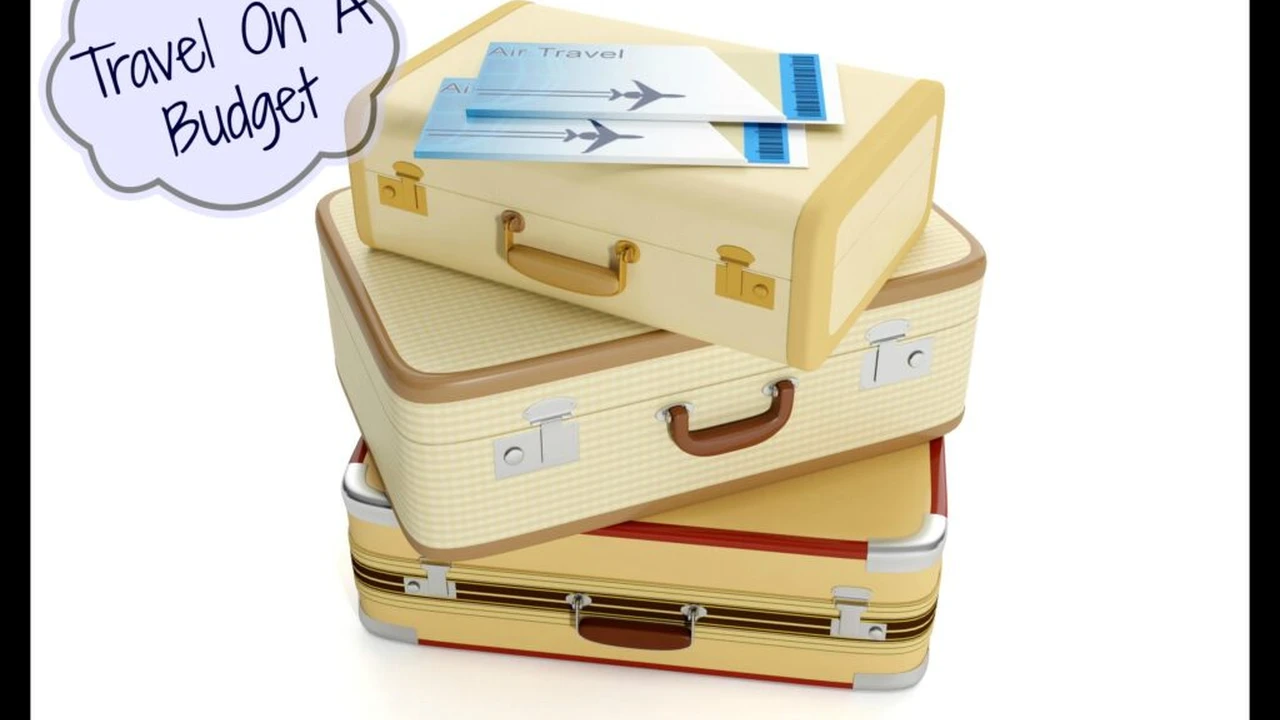Free Walking Tours_ City Exploration
Travel during the off-season to save money on flights, accommodation, and activities. Avoid crowds, enjoy lower prices, and experience a more authentic side of your destination. Maximize your budget and enjoy a more relaxed travel experience.

Understanding Off Season Travel Benefits
Okay, let's talk about traveling off-season. What exactly *is* off-season? Basically, it's the time of year when most tourists *aren't* visiting a particular place. Think shoulder seasons – the sweet spots between peak season (when everyone goes) and low season (when it might be rainy or cold). Traveling during these times can seriously save you some cash, and offer a bunch of cool perks you might not have even thought about.
Lower Prices on Flights and Accommodation During Off Season
First up: prices. Flights and hotels are almost always cheaper during the off-season. Demand is lower, so airlines and hotels are more likely to offer discounts and deals to entice travelers. You might find yourself scoring a five-star hotel room for the price of a budget hostel, or snagging a round-trip flight for hundreds less than you would during peak season.
Fewer Crowds and More Authentic Experiences in Off Season
And then there are the crowds. Or, rather, the lack of them. Imagine wandering through ancient ruins without battling hordes of selfie-stick-wielding tourists. Or exploring a charming village without feeling like you're stuck in a human traffic jam. Off-season travel means you can actually *experience* a place, connect with the locals, and soak up the atmosphere without the distractions of the tourist masses. You'll also get better service at restaurants and attractions, since they're not dealing with a million people at once.
Better Deals and Special Offers During Off Season
Plus, you might find that local businesses are more willing to offer deals and discounts during the off-season. They're trying to attract customers, so they're more likely to be flexible with pricing. You might be able to negotiate a lower rate on a tour, a cooking class, or even a souvenir. It's all about being savvy and taking advantage of the slower pace of life.
Planning Your Off Season Trip: Where and When to Go
So, how do you plan an off-season trip? The key is to do your research and figure out when the off-season is for your desired destination. This can vary depending on the location and the type of activity you're interested in.
Researching Destinations and Their Off Season Periods
For example, in Europe, the shoulder seasons (spring and fall) are generally considered off-season. The weather is still pleasant in many areas, but the crowds are significantly smaller than in the summer. In the Caribbean, the off-season is typically during the summer months, when hurricane season is in full swing. However, if you're willing to take the risk, you can find incredible deals on all-inclusive resorts.
Considering Weather Conditions and Potential Downsides
Of course, there are some potential downsides to off-season travel. The weather might not be perfect. Some attractions might be closed or have limited hours. And you might encounter fewer fellow travelers, which can be a bummer if you're looking for a social experience. However, with a little planning and flexibility, you can easily overcome these challenges and have an amazing trip.
Flexibility and Adaptability for Off Season Travel
Be prepared to be flexible. Things might not always go according to plan, especially when you're traveling during the off-season. But that's part of the adventure! Embrace the unexpected, be open to new experiences, and don't be afraid to go off the beaten path. You might discover hidden gems that you would have missed if you had traveled during peak season.
Essential Tips for Saving Money During Off Season
Okay, so you're ready to embrace the off-season. Here are some specific tips to help you save even more money.
Booking Flights and Accommodation in Advance for Off Season
Book in advance, but not *too* far in advance. Keep an eye on flight prices and hotel rates, and book when you see a good deal. Don't wait until the last minute, but don't book a year in advance either. A few months before your trip is usually a good time to start looking.
Using Comparison Websites for Flights and Hotels
Use comparison websites to find the best deals on flights and hotels. Sites like Skyscanner, Kayak, Google Flights, Booking.com, and Hotels.com can help you compare prices from different airlines and hotels, so you can be sure you're getting the best possible rate. Also, sign up for email alerts from these sites, so you'll be notified when prices drop.
Considering Alternative Accommodation Options
Consider alternative accommodation options, such as Airbnb, guesthouses, and hostels. These can often be cheaper than traditional hotels, especially if you're traveling solo or with a small group. Plus, they can offer a more authentic and local experience. Look for places with kitchens so you can cook some of your own meals, which can save you a lot of money on food.
Eating Like a Local and Cooking Your Own Meals
Speaking of food, eat like a local. Avoid tourist traps and stick to local restaurants and street food stalls. Not only will you save money, but you'll also get a taste of the real culture of your destination. Visit local markets and buy fresh produce to cook your own meals. This is a great way to save money and eat healthy while traveling.
Utilizing Free Activities and Attractions
Take advantage of free activities and attractions. Many cities offer free walking tours, museums with free admission days, and parks where you can relax and enjoy the scenery. Do some research before you go and find out what free things there are to do in your destination. Pack a picnic lunch and spend the day exploring a park or hiking trail. It's a great way to save money and get some exercise.
Leveraging Public Transportation and Walking
Use public transportation instead of taxis or rental cars. Public transportation is usually much cheaper and more efficient, especially in cities. Plus, it's a great way to see the city and experience local life. Walk whenever possible. It's free, it's good exercise, and it's a great way to discover hidden gems that you might miss if you were driving or taking the bus.
Recommended Products and Gear for Off Season Travel
To make the most of your off-season adventure, having the right gear can make a big difference. Here are a few recommendations:
Lightweight Rain Jacket: Patagonia Torrentshell 3L Jacket Review
A lightweight, packable rain jacket is essential, especially for shoulder seasons. The Patagonia Torrentshell 3L is a great option. It's waterproof, breathable, and packs down small. It retails for around $159. Its durable water repellent (DWR) finish sheds moisture and light rain, while the two-way adjustable hood provides added protection in harsher conditions. Perfect for unexpected downpours.
Versatile Travel Backpack: Osprey Farpoint 40 Backpack Review
A versatile travel backpack is a must. The Osprey Farpoint 40 is a popular choice because it's carry-on compatible, comfortable, and has plenty of storage. It costs around $160. Its internal compression straps keep your gear secure, and the padded hipbelt and shoulder straps make it comfortable to carry even when fully loaded. The zippered laptop and tablet sleeve offers convenient access to your electronics.
Portable Power Bank: Anker PowerCore 10000 Portable Charger Review
A portable power bank is crucial for keeping your devices charged on the go. The Anker PowerCore 10000 is small, lightweight, and can charge your phone multiple times. It sells for about $25. Anker's exclusive MultiProtect safety system ensures complete protection for you and your devices. The compact design makes it easy to slip into your pocket or bag.
Travel Adapter: Universal Travel Adapter Review
If you're traveling internationally, a universal travel adapter is a must-have. This allows you to plug your devices into different types of outlets. You can find a decent one for around $20. Look for one with surge protection to safeguard your electronics from voltage fluctuations. Many also include USB ports for charging phones and tablets simultaneously.
Noise Cancelling Headphones: Sony WH-1000XM5 Headphones Review
For long flights or train rides, noise-cancelling headphones can be a lifesaver. The Sony WH-1000XM5 are top-rated for their sound quality and noise cancellation, though they are pricier at around $400. However, if you are on a budget, a pair of basic earplugs can also do the trick.
Off Season Travel: Comparing Product Options
When choosing gear, it's good to compare different options to find what best suits your needs and budget.
Backpack Comparison: Osprey vs. Tortuga
For backpacks, consider the Osprey Farpoint 40 (around $160) versus the Tortuga Setout (around $229). The Osprey is lighter and more streamlined, making it ideal for carry-on travel. The Tortuga, however, offers more organization and a more comfortable suspension system for longer trips. If you prioritize weight and price, the Osprey is a great choice. If you need more space and comfort, the Tortuga is worth the investment.
Rain Jacket Comparison: Patagonia vs. Columbia
For rain jackets, compare the Patagonia Torrentshell 3L (around $159) with the Columbia Watertight II (around $70). The Patagonia is more durable and breathable, making it better for active pursuits. The Columbia is more affordable and still provides excellent waterproof protection. For casual travel, the Columbia is a solid choice. If you plan on hiking or doing other outdoor activities, the Patagonia is a better investment.
Power Bank Comparison: Anker vs. Mophie
For power banks, consider the Anker PowerCore 10000 (around $25) versus the Mophie Powerstation PD (around $50). The Anker is more affordable and offers a good balance of size and capacity. The Mophie is more powerful and can charge larger devices, like tablets and laptops. If you only need to charge your phone, the Anker is sufficient. If you need to charge multiple devices or larger devices, the Mophie is a better choice.
Final Thoughts on Embracing Off Season Travel
So, there you have it! Traveling off-season is a fantastic way to save money, avoid crowds, and experience a more authentic side of your destination. With a little planning and the right gear, you can have an unforgettable adventure without breaking the bank. What are you waiting for? Start planning your off-season getaway today!
:max_bytes(150000):strip_icc()/277019-baked-pork-chops-with-cream-of-mushroom-soup-DDMFS-beauty-4x3-BG-7505-5762b731cf30447d9cbbbbbf387beafa.jpg)






